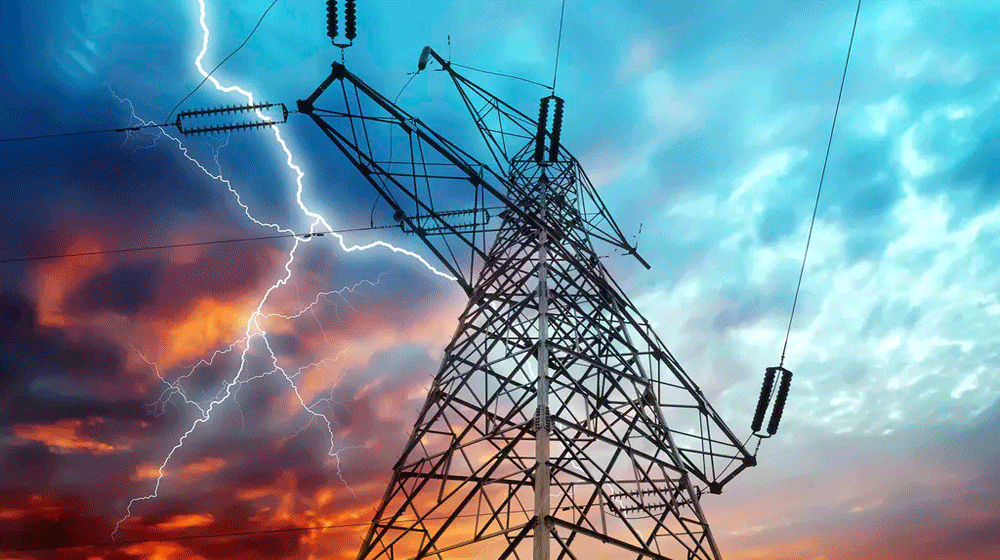The Council of Common Interest (CCI) unanimously approved the National Electricity Policy, 2021.
The decision came during a meeting held under the chair of Prime Minister Imran Khan.
Speaking at a press conference after the meeting, Minister for Energy, Hammad Azhar, said that the new electricity policy would be effective for ten years. He was joined by Special Assistant to Prime Minister on Finance and Revenue, Dr. Waqar Masood Khan.
Hammad said that with the new policy, people would get low-cost and environment-friendly electricity, adding that new projects will also get approval in a transparent manner under the policy.
“It is a historic time for Pakistan as we have succeeded to formulate a national electricity policy which will have its impact in the next five to ten years when our next generations will get inexpensive and eco-friendly electricity, mainly depending on local fuels,” he added.
He informed that Rs. 100 billion have been allocated to improve the transmission system, while more policies will be devised for sub-sectors in light of the new policy as well.
Hammad elaborated that the policy envisions special targets for renewable energy, long-term hydel projects and the development of local fuels. This also paves the way to determine the power tariff through an open competitive process among private investors.
He said the policy was formulated after extensive deliberation with all the stakeholders. “Four meetings of the [Council of Common Interest] CCI, in addition to more than 100 meetings with all the federal and provincial stakeholders, were held in this regard,” he added.
“Transparency, development of local fuels, and more reliance on clean energy was the hallmark of the national electricity policy,” he said, adding that a national action plan would be chalked out under the initiative.
The minister said the next step would be the formulation of multiple sub-policies pertaining to various sectors including generation, transmission, and renewable energy.
He said that these will eventually become part of the national electricity plan, whose variables would be shifted to the Indicative Generation Capacity Expansion Plan (IGCEP) model after approval of the CCI.
Hammad said that the major issue in the power sector was of the finances, not of electricity generation. He said that the incumbent government had to face capacity payments issues and spend billions of rupees annually because expensive agreements had been signed by the previous governments with the independent power producers (IPPs).
“Those capacity payments eventually did balloon the circular debt,” he said.
Courtesy: Pro Pakistani

